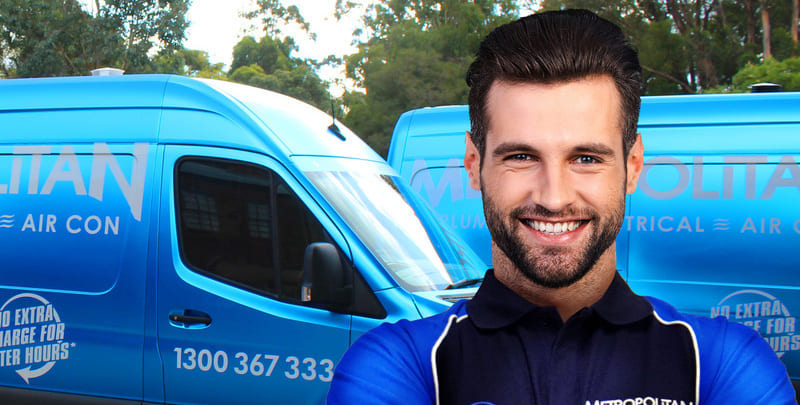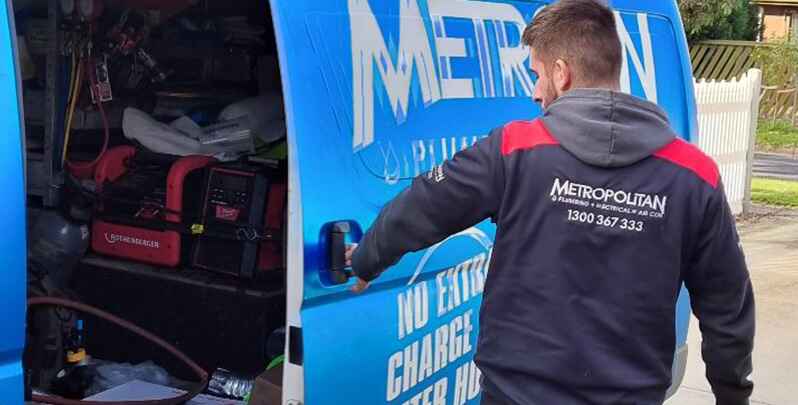
How to Fix Noisy Water Pipes
Noisy pipes can be a significant annoyance and a potential sign of underlying issues within your plumbing system.
The loud banging sounds often heard when water rushes through the pipes are commonly called water hammer. This occurs due to a sudden change in water flow, causing hydraulic shock within the pipes.
Addressing noisy pipes promptly is crucial to prevent damage to your plumbing fixtures and supply lines. Simple solutions, like installing water hammer arrestors and using a water pressure regulator, can mitigate these issues effectively.
Let’s find out more about how to fix noisy water pipes so you can maintain a peaceful home and prevent unnecessary damage.
Understanding Noisy Water Pipes
The loud banging and crashing noises you hear coming from the walls throughout your house when someone turns the kitchen tap on or off? That’s called water hammer. Water hammering typically occurs as a result of hydraulic shockwaves within the pipes caused by the flow of water suddenly stopping or changing. Numerous factors can contribute to this problem, including:
- High water pressure
- Loose piping or fittings
- Burst pipes or
- Air pockets
To address these issues, you can install water hammer arrestors or use a pressure-reducing valve to regulate high pressure. Ensuring that all the taps and shut off valves are functioning correctly can help prevent further damage. For persistent problems, consulting professional plumbers may be necessary to avoid damage to your water supply line and fixtures.
Common Causes of Noisy Water Pipes
Noisy drain pipes can stem from various issues within your plumbing system, leading to loud noises and potential damage if the plumbing problem is not fixed immediately. Common causes include:
- Water hammer: Water hammering is when there are sudden stops in water flow that create a loud bang. You can often stop this by installing water hammer solutions like air chambers or pressure reducers.
- Clogged pipes: Blockages can create pressure imbalances, causing strange noises and banging sounds.
- Worn-out components: Issues with washers or ballcock assemblies can cause loud noises during the filling process.
- Loose or damaged pipes: Movement against floor joists or ceiling boards can produce squealing sounds and bangs.
- High water pressure: Excessive pressure can strain pipes, leading to noise.
- Faulty main shut-off valve: A faulty or partially closed shut-off valve can create turbulence and pressure fluctuations in the plumbing system. This leads to water hammer and its resulting noisy pipes.
Ensuring pipes are secure and consulting a local plumber for persistent issues is essential.

Basic DIY Checks for Noisy Water Pipes
Tackling noisy water pipes can often start with some basic DIY checks.
Start with an inspection for loose pipes, as unsecured pipes can rattle and cause noise. Use pipe clamps and foam rubber to secure them and reduce loud noise and vibration. Check for loose fittings and tighten any that seem unstable. Make sure the water pressure isn’t too high by using a pressure gauge; high pressure can strain your plumbing.
These simple steps can often resolve noisy water issues, but if the problem persists, it may be time to call a professional plumber.
Preventative Measures for Noisy Pipes
Preventing noisy water pipes involves regular maintenance and strategic installations.
- Your plumber will need to make sure they’ve correctly installed the air chamber and that it’s fully functional – capable of absorbing shock and reducing water hammers.
- Fasten vertical pipes and risers using pipe straps or clamps made from malleable metal to prevent movement and noise.
- Foam rubber insulation can help reduce vibrations and squealing sounds.
- Monitor the house water pressure, keeping it within the safe range of 40 to 60 psi to avoid noisy pipes and potential damage.
Regularly inspect your plumbing system and address any issues promptly to maintain a quiet and efficient system.
When to Call a Professional Plumber
Knowing when to call a professional plumber is crucial for maintaining a healthy plumbing system. If you’ve tried basic DIY fixes and the noisy pipes persist, it’s time to seek expert help.
Persistent water hammer, severe clogs, high water pressure issues that damage pipes, and complex installations like water hammer arrestors or pressure reducing valves require professional expertise. Licensed plumbers can accurately diagnose and fix problems, ensuring compliance with Australian regulations.
Additionally, if you notice any leaks, water damage, or unusual odours, don’t hesitate to contact a plumber. Timely intervention can prevent minor issues from becoming major, costly repairs, keeping your home safe and sound.
Get Out Of Hot Water and Ensure your Home Plumbing is Quiet
Addressing noisy copper pipes is essential for maintaining a peaceful home environment. From installing air chambers to securing vertical pipes and little vertical risers, there are several effective solutions to reduce squealing sounds and banging noises.
Taking prompt action to diagnose and fix these pipe issues will help prevent further damage to your plumbing system. If the problem persists, don’t hesitate to call a professional plumber for expert assistance. By staying proactive, you can ensure your pipes remain quiet and efficient.
Please note: Thanks for reading our blog “How To Fix Noisy Water Pipes” This information is provided for advice purposes only. Regulations differ from state to state, so please consult your local authorities or an industry professional before proceeding with any work. See our Terms & Conditions here.
Published: 2024-05-21

















